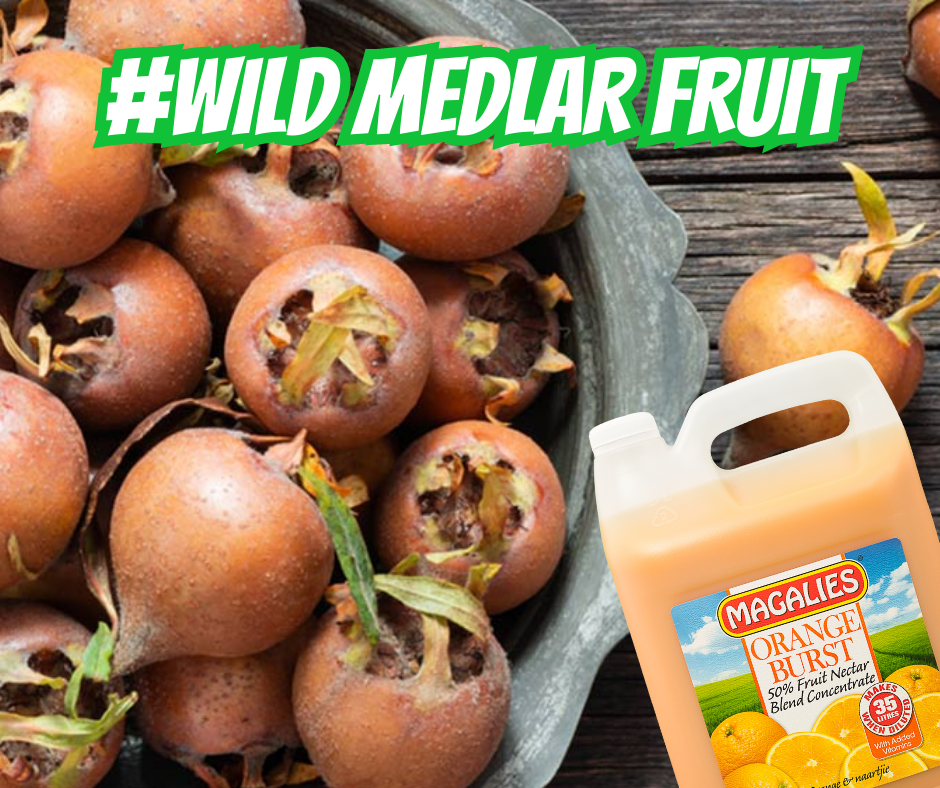by Dr. Marli Botha
A vitamin is an organic molecule (or related set of molecules) that is an essential micronutrient that an organism needs in small quantities for the proper functioning of its metabolism. Essential nutrients cannot be synthesized in the organism, either at all or not in sufficient quantities, and therefore must be obtained through the diet. Vitamins have diverse biochemical functions. Some forms of vitamin A function as regulators of cell and tissue growth and differentiation. The B complex vitamins function as enzyme cofactors (coenzymes) or the precursors for them. Vitamin D has a hormone-like function as a regulator of mineral metabolism for bones and other organs. Vitamins C and E function as antioxidants. Both deficient and excess intake of a vitamin can potentially cause clinically significant illness, although excess intake of water-soluble vitamins is less likely to do so.
There are two major groups of vitamins: fat soluble and water soluble.
- When you eat foods that contain fat-soluble vitamins, the vitamins are stored in the fat tissues in your body and in your liver. They wait around in your body fat until your body needs them. Fat-soluble vitamins are happy to stay stored in your body for a while — some stay for a few days, some for up to 6 months! Then, when it’s time for them to be used, special carriers in your body take them to where they’re needed. Vitamins A, D, E, and K are all fat-soluble vitamins.
- Water-soluble vitamins are different. When you eat foods that have water-soluble vitamins, the vitamins don’t get stored as much in your body. Instead, they travel through your bloodstream. Whatever your body doesn’t use comes out when you urinate. So, these kinds of vitamins need to be replaced often because they don’t stick around! This crowd of vitamins includes vitamin C and the big group of B vitamins — B1 (thiamin), B2 (riboflavin), niacin, B6 (pyridoxine), folic acid, B12 (cobalamine), biotin, and pantothenic acid.
Interesting facts about Vitamins:
- Vitamin E is not a singular nutrient, it is a collective name for a group of 8 fat-soluble vitamins with antioxidant properties.
- Vitamin F was the original name for Omega 3 and Omega 6 fatty acids.
- Vitamin C helps to produce collagen which works like super glue to keep cells together.
- Sunscreen can reduce your skin’s ability to produce enough Vitamin D. Your body can produce all of the Vitamin D it needs in just 20 minutes on a sunny day.
- Vitamin K is found is green leafy vegetables because it is directly involved with photosynthesis.
- Only one of the 13 vitamins we need doesn’t come from plants or sunlight—we get it from meat. That’s B12. And actually, it’s in meat because it’s made by bacteria. All the B12 in the world is made by bacteria. The animals like cows and clams that we get it from, they absorb the B12 that the bacteria in their guts make.

























